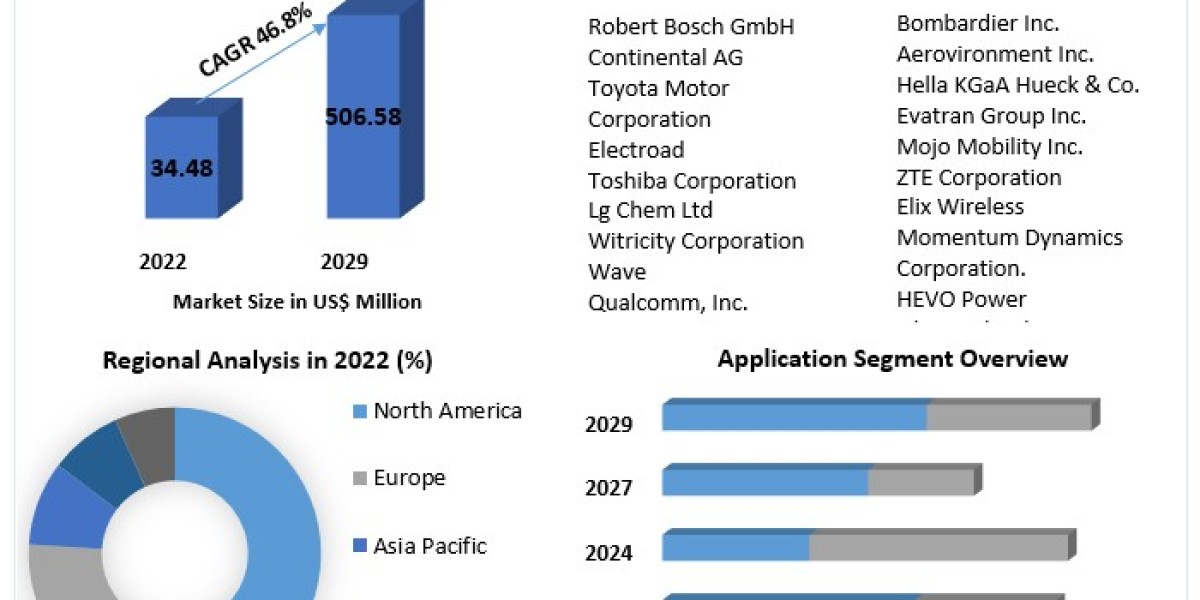In today’s competitive business environment, effective customer communication is vital. Call Center Software provides the tools and technology necessary to manage customer interactions efficiently. Here’s a detailed guide on call center software, its features, benefits, types, and how to choose the right one for your business.
- What is Call Center Software?
Call center software is a technology solution that helps businesses manage incoming and outgoing customer communications. This can include phone calls, emails, live chats, social media interactions, and more. The software is designed to streamline operations, improve customer service, and provide analytics and reporting.
- Key Features of Call Center Software
- Automatic Call Distribution (ACD)
- Call Routing: Automatically routes calls to the most appropriate agent based on predefined criteria.
- Skill-Based Routing: Matches calls to agents with the specific skills needed to handle the inquiry.
- Interactive Voice Response (IVR)
- Self-Service Options: Allows customers to interact with a computerized system to resolve issues without speaking to an agent.
- Menu Navigation: Guides callers through menu options to direct their call to the right department.
- Computer Telephony Integration (CTI)
- Screen Pop-Ups: Provides agents with relevant customer information when a call is received.
- Call Control: Enables call handling functions such as answering, transferring, and ending calls directly from a computer.
- Call Recording and Monitoring
- Recording: Records calls for quality assurance, training, and compliance purposes.
- Live Monitoring: Allows supervisors to listen to live calls for coaching and support.
- Analytics and Reporting
- Performance Metrics: Tracks key metrics such as call volume, average handling time, and customer satisfaction.
- Custom Reports: Generates detailed reports to analyze trends and improve performance.
- CRM Integration
- Customer Data: Integrates with Customer Relationship Management (CRM) systems to provide agents with a comprehensive view of customer interactions.
- Data Sync: Ensures customer data is updated in real-time across systems.
- Omnichannel Support
- Multiple Channels: Manages interactions across various channels including phone, email, chat, social media, and SMS.
- Unified View: Provides a single view of all customer interactions regardless of the channel.
- Outbound Call Management
- Auto Dialers: Automates the dialing process for outbound calls, increasing agent efficiency.
- Campaign Management: Manages outbound call campaigns with tools for scheduling and tracking.
- Workforce Management
- Scheduling: Helps in creating and managing agent schedules to ensure optimal coverage.
- Forecasting: Predicts call volume and staffing needs to maintain service levels.
- Types of Call Center Software
- On-Premises
- Installed Locally: Software is installed and runs on the company’s own servers.
- Control: Offers greater control over data and systems.
- Cost: Typically involves higher upfront costs for hardware and software.
- Cloud-Based
- Hosted Externally: Software is hosted on the vendor’s servers and accessed via the internet.
- Scalability: Easily scalable to accommodate growing or fluctuating call volumes.
- Cost: Usually based on a subscription model with lower upfront costs.
- Hybrid
- Combination: Combines on-premises and cloud-based features.
- Flexibility: Offers the flexibility to use both local and cloud resources.
- Redundancy: Provides a backup option in case of system failures.
- Benefits of Call Center Software
- Improved Customer Service
- Efficient Handling: Faster and more efficient handling of customer inquiries.
- Personalization: Personalized service through access to customer data.
- Increased Productivity
- Automation: Automates routine tasks, freeing up agents for more complex issues.
- Efficiency: Streamlines workflows and reduces call handling times.
- Enhanced Analytics
- Data-Driven Decisions: Provides insights into performance metrics and customer behavior.
- Continuous Improvement: Identifies areas for improvement to enhance service quality.
- Cost Savings
- Resource Optimization: Optimizes resource allocation to reduce operational costs.
- Scalability: Easily scalable to meet changing business needs without significant investment.
- Regulatory Compliance
- Record Keeping: Ensures compliance with regulations through call recording and monitoring.
- Data Security: Provides robust security features to protect customer data.
- Choosing the Right Call Center Software
- Assess Your Needs
- Business Size: Consider the size and scale of your operations.
- Call Volume: Evaluate your average call volume and peak times.
- Channels: Determine which communication channels you need to support.
- Budget Considerations
- Initial Costs: Compare upfront costs for on-premises vs. cloud-based solutions.
- Ongoing Costs: Consider subscription fees, maintenance, and support costs.
- Feature Requirements
- Must-Have Features: Identify the essential features you need.
- Nice-to-Have Features: List additional features that could enhance your operations.
- Vendor Reputation
- Research: Look for vendors with a strong reputation and positive reviews.
- Support: Ensure the vendor offers reliable customer support and training.
- Integration Capabilities
- Existing Systems: Check if the software integrates seamlessly with your existing systems like CRM or ERP.
- Future Needs: Consider future scalability and integration needs.
- User Experience
- Ease of Use: Ensure the software is user-friendly and easy to navigate.
- Training: Look for vendors that offer comprehensive training and support.
Conclusion
Choosing the right call center software is crucial for improving customer service, increasing efficiency, and driving business growth. By assessing your needs, considering your budget, and evaluating key features and vendor reputation, you can find the ideal solution for your call center operations. Investing in the right call center software can transform your customer service capabilities and provide a competitive edge in today’s market. For more information or to explore options, consult with call center software providers and request demonstrations to find the best fit for your business.








